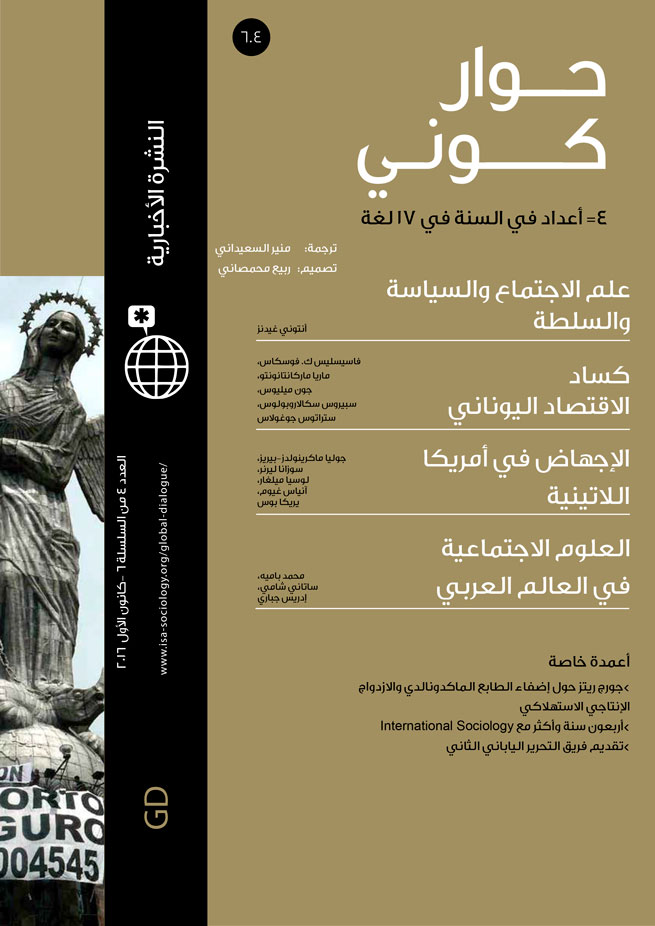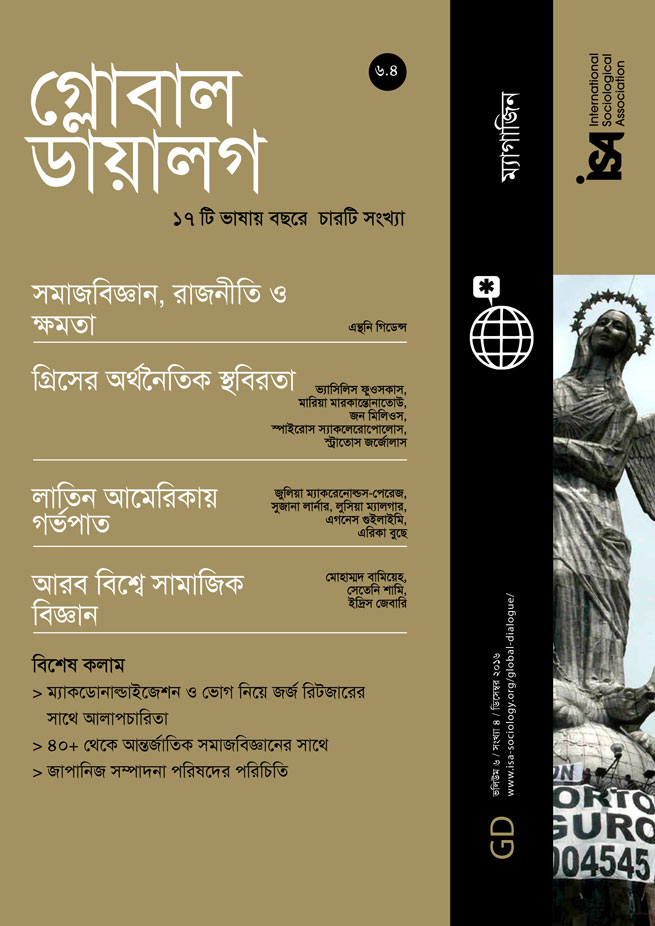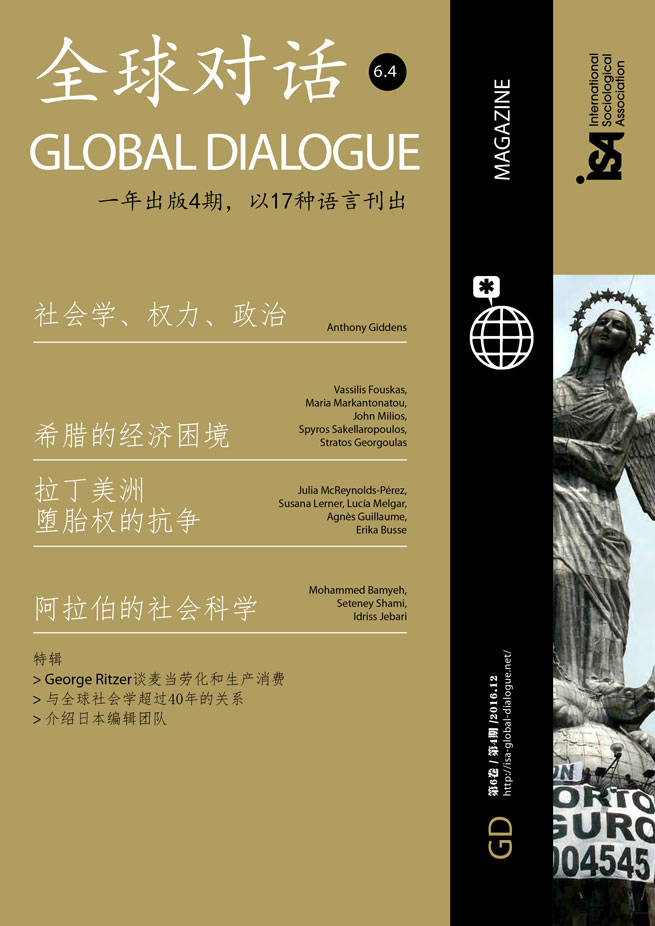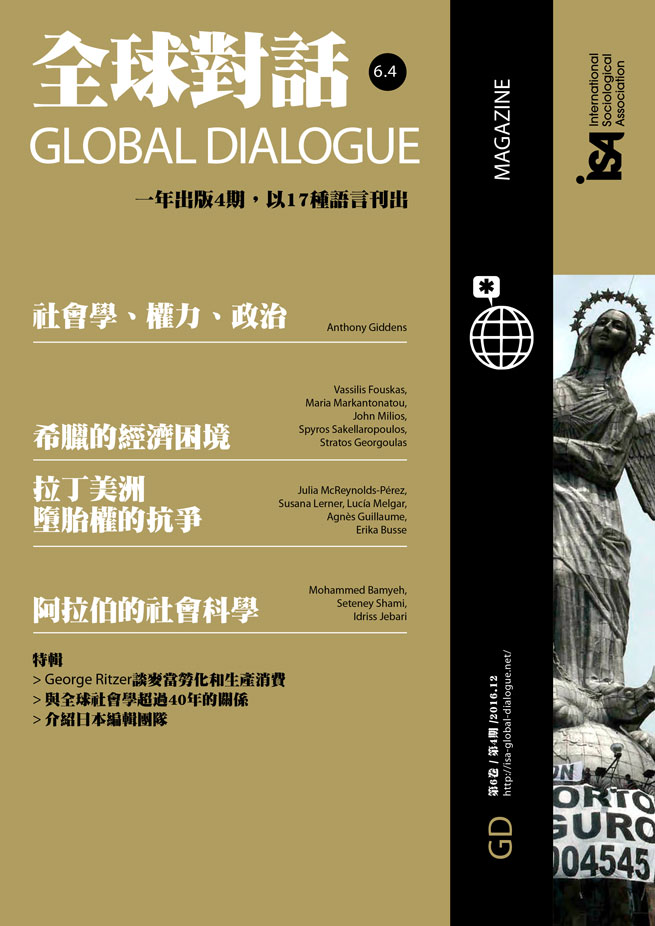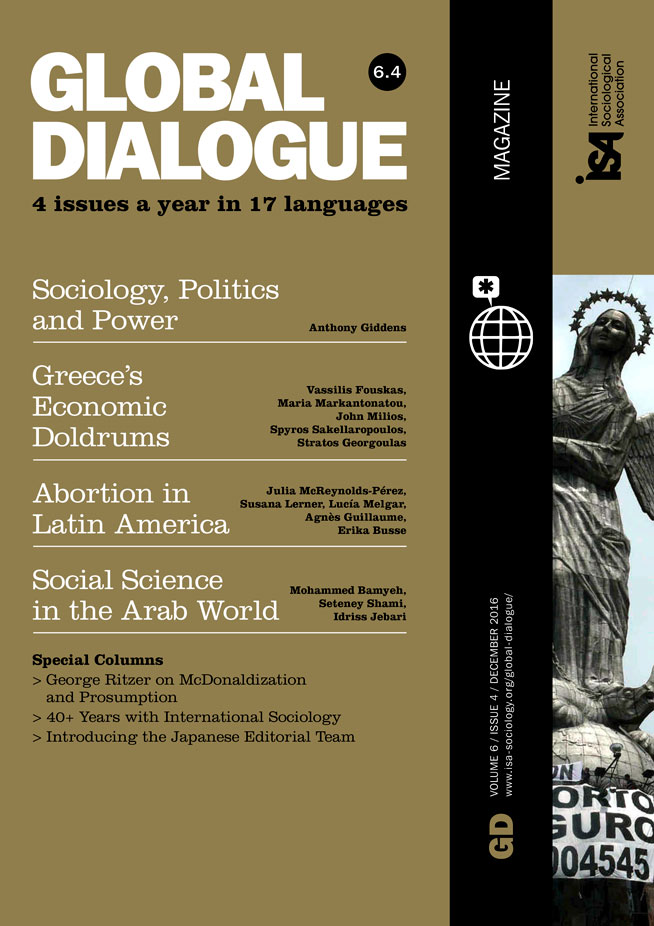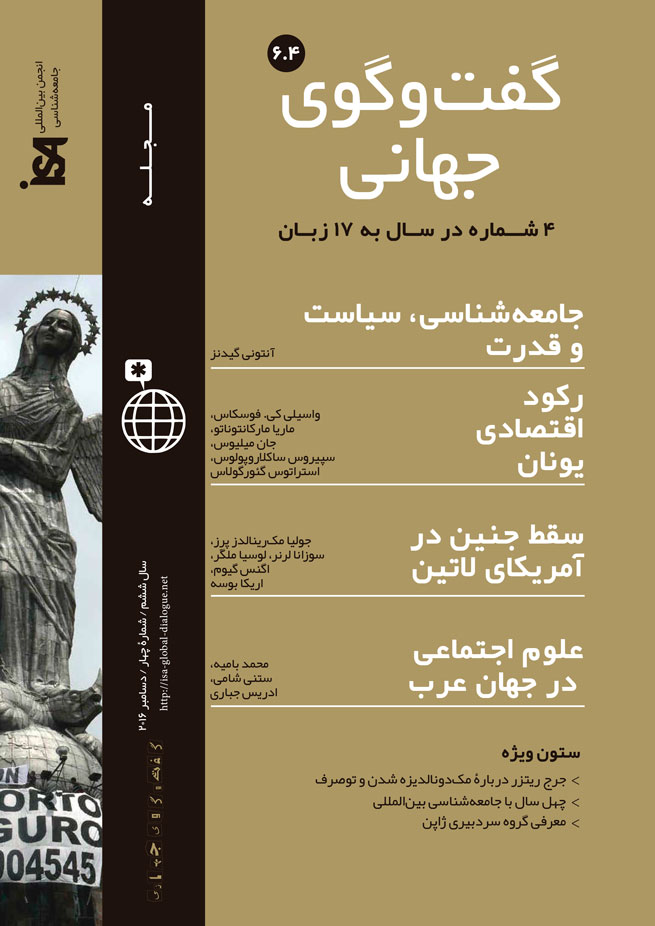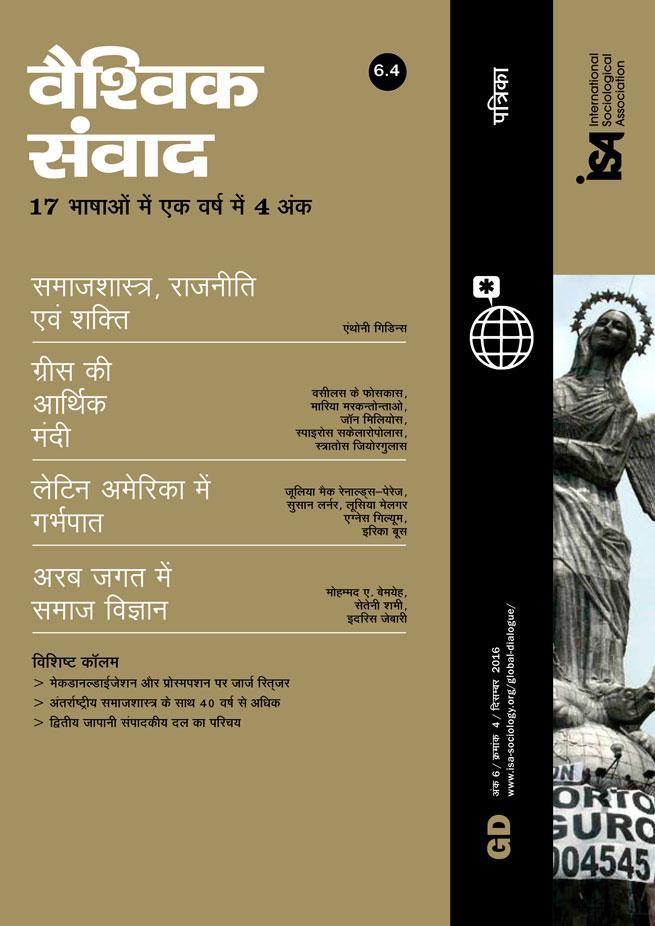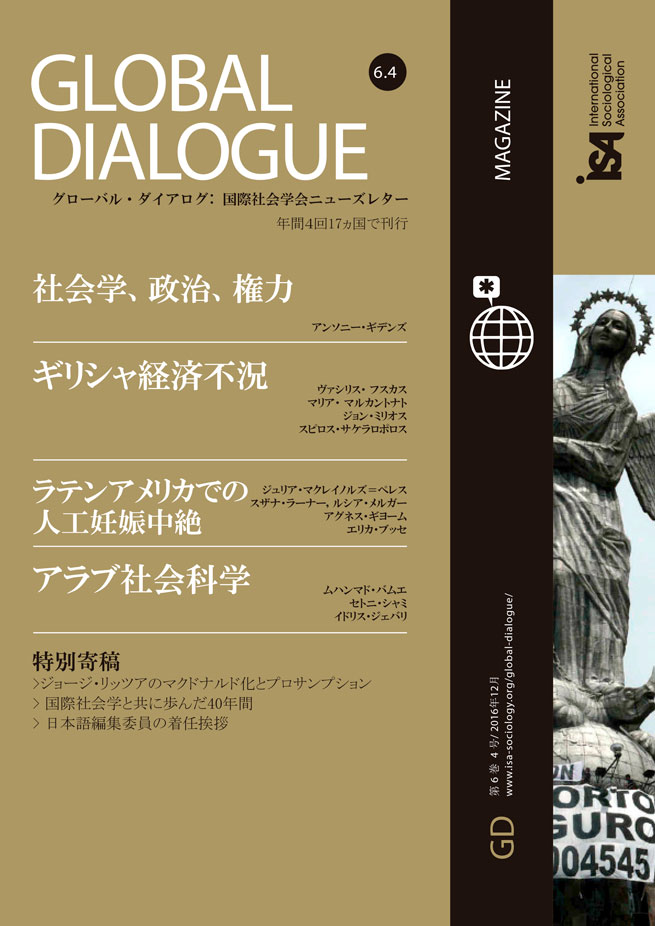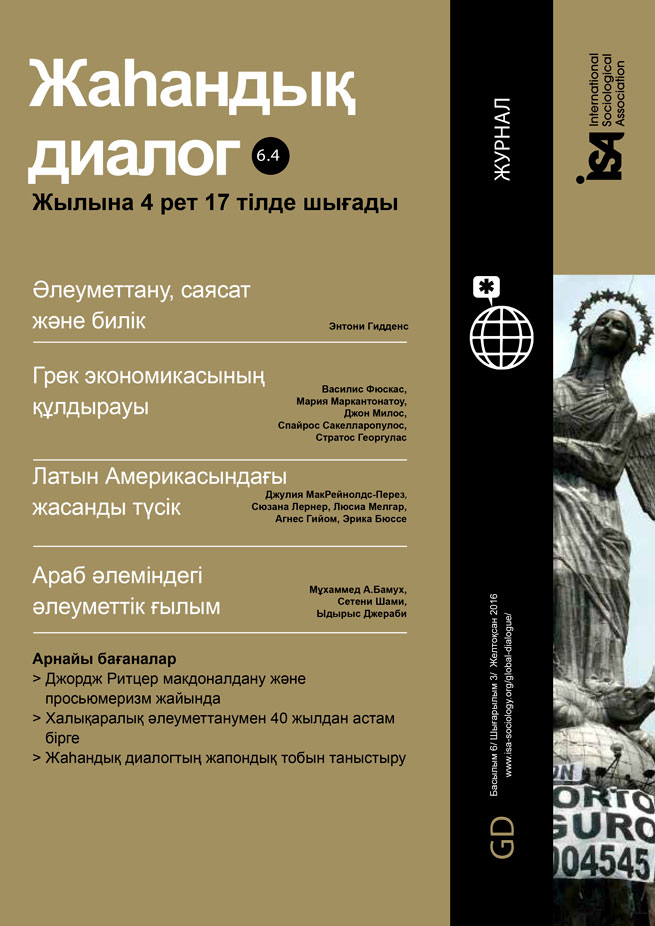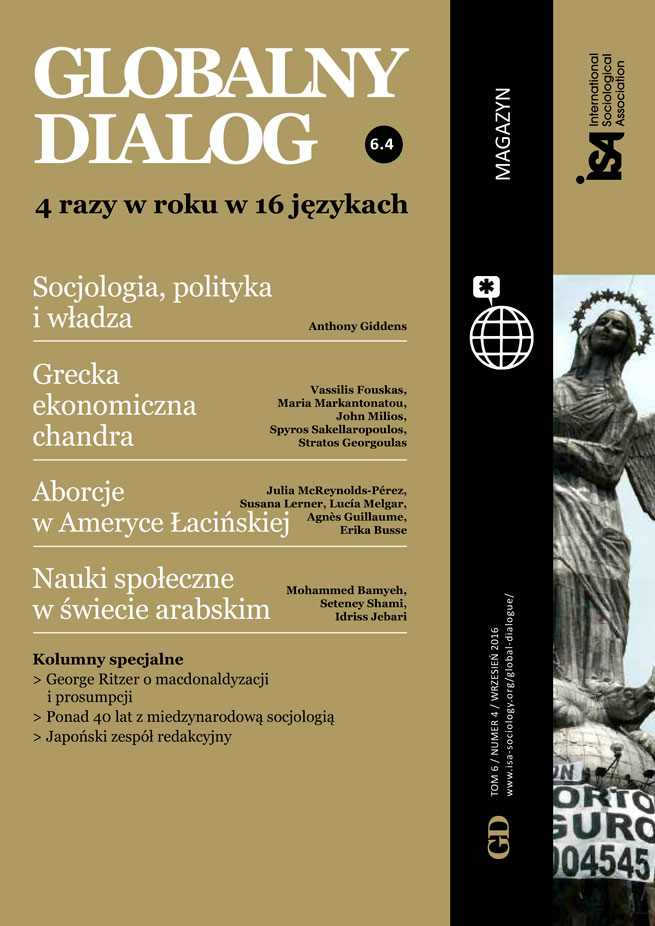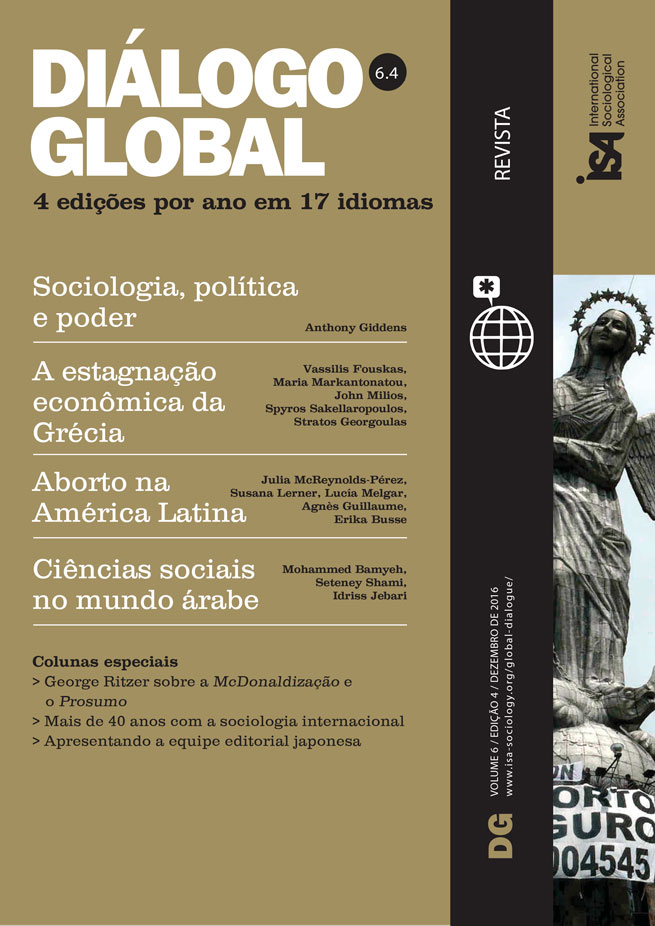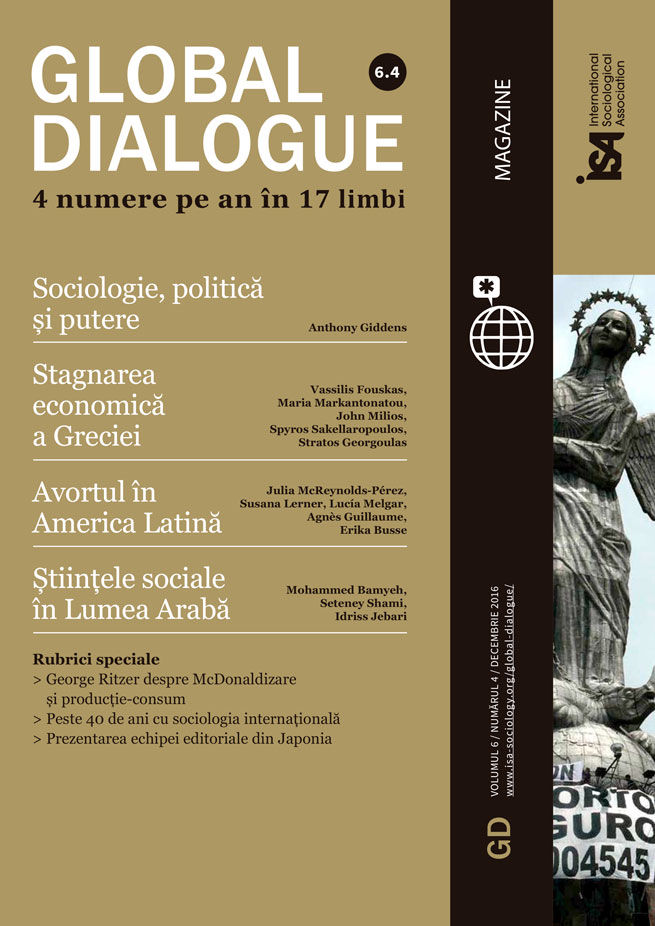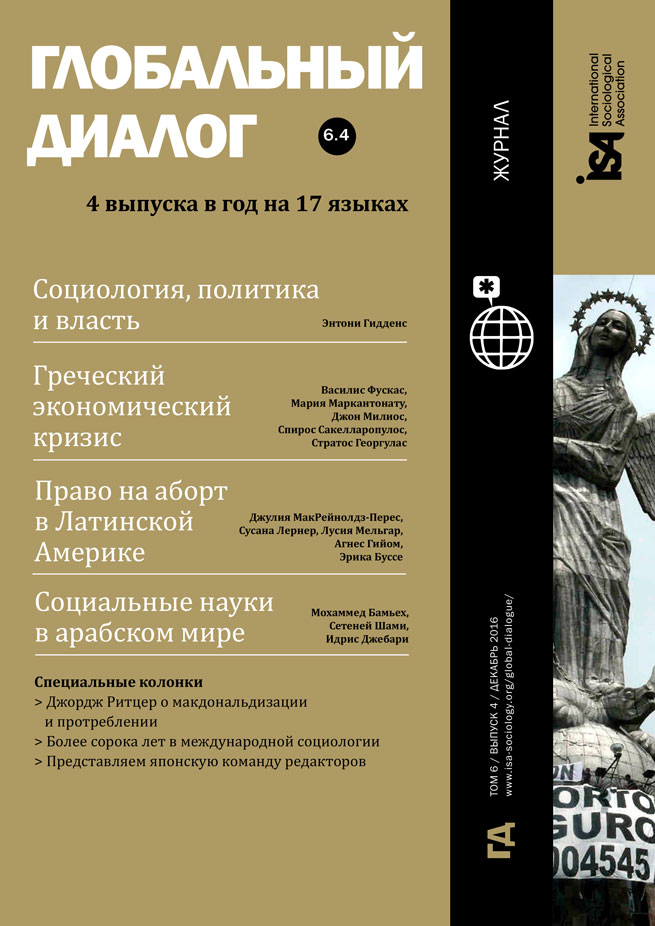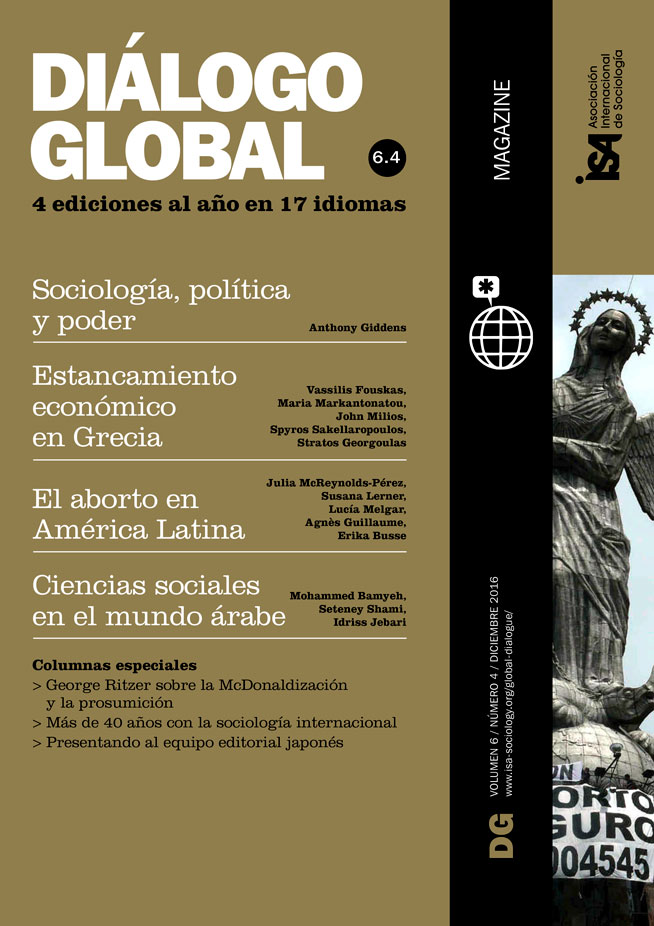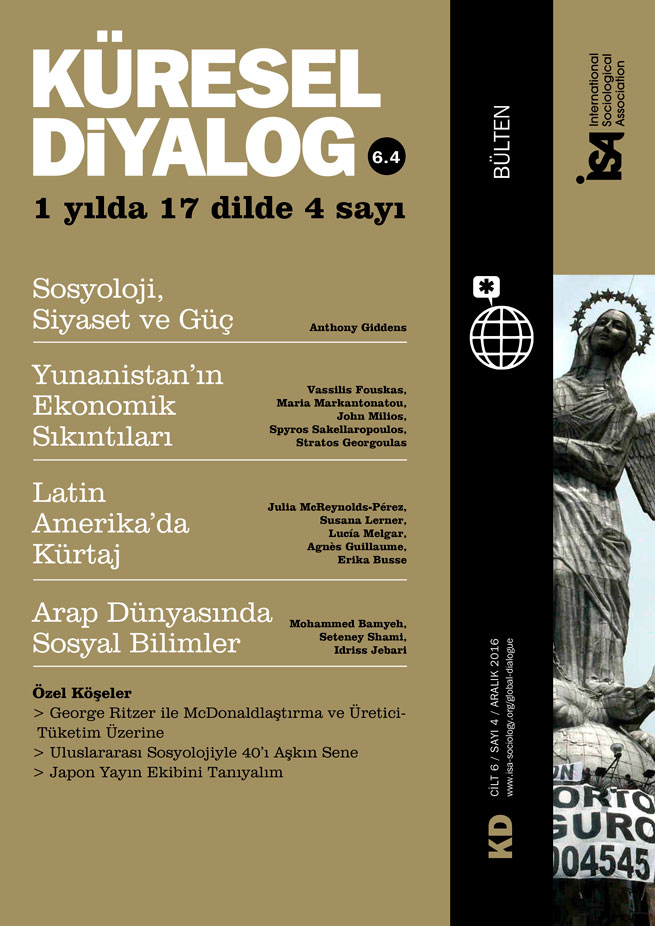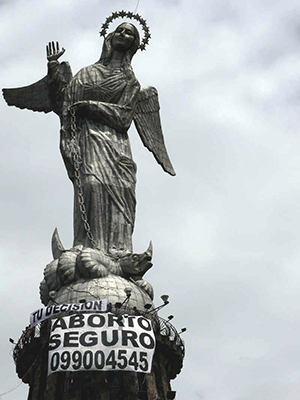Read more about Abortion Politics in Latin America
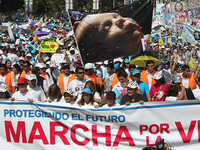
Abortion as Violence: A Peruvian Struggle
by Erika Busse
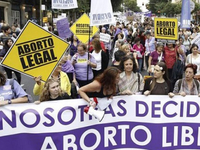
Mexico’s Reversal of Abortion Rights
by Susana Lerner, Lucía Melgar and Agnès Guillaume
December 02, 2016
An earthquake is rocking abortion debates in Latin America, and at its epicenter is a small white pill. Misoprostol’s availability in the region has changed the practice of clandestine abortion, with far-reaching impact. New self-help activist strategies – some of which involve feminists and health professionals acting together – have changed political debates around abortion, as activists seek to make abortion more accessible and more visible, despite persistent opposition to its legalization.
Abortion has long been illegal throughout Latin America, the world’s most Catholic region, yet the practice has also long been widespread. Across Latin America, rich women have quietly accessed safe, expensive clandestine abortions in the private offices of trained physicians, while poor women have risked their lives in back-alley procedures.
This dual system of clandestine abortions kept the procedure and political debates about its illegality largely out of the public eye, but the terrain of abortion practice and politics has shifted since the early 1990s. Misoprostol, a synthetic prostaglandin approved by the US Food and Drug Administration (FDA) for the treatment of ulcers, has been sold for that purpose in pharmacies across Latin America since then. But misoprostol also happens to cause uterine contractions, making it a powerful tool for clandestine abortion. In countries where abortion is legal, misoprostol is usually taken in combination with another drug, mifepristone, for medical abortions in the first trimester. Importantly, even when taken by itself or without medical supervision, misoprostol is much safer than older methods of back-alley abortion, which all-too-often involved wire coat hangers or knitting needles.
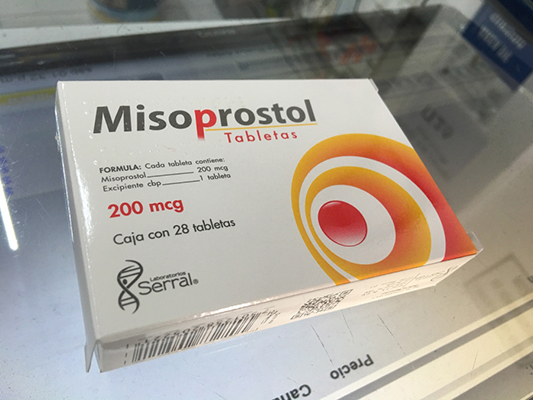
Between 2012 and 2015, I conducted ethnographic research in Argentina, seeking to understand how this new pharmaceutical technology was changing the politics and practices of abortion. In Argentina – indeed, throughout Latin America – misoprostol’s relatively-easy availability has created opportunities for innovative activist strategies. Many abortion activist groups were spurred to action by transnational campaigns. In 2001, Dr. Rebecca Gomperts launched “Women on Waves,” bringing a medically-equipped ship to international waters off the coast of nations that had banned abortions, inviting women onboard for safe abortions. After this campaign, she created the ongoing “Women on Web,” where people from around the world can order the full medication abortion regimen; the organization mails unmarked packages directly to women who live in countries where abortion is illegal. Gomperts’ organization also supports abortion hotlines around the globe, so that women in need can call for detailed instructions on how to induce abortions using misoprostol.
While Dr. Gomperts’ transnational efforts attracted international media, less attention has been paid to the local activist strategies that have surged in response to these new possibilities. Across Latin America, young feminist activists are taking the lead to make safe abortion more accessible to poor women using misoprostol: some groups provide information, others provide pharmaceutical abortion services, and some medical professionals have begun to play an activist role from within the public health system.
Lesbianas y Feministas por la Descriminalización del Aborto (Lesbians and Feminists for the Decriminalization of Abortion, or LFDA) has emerged in the past seven years as one of Argentina’s most prominent abortion activist groups. LFDA started by setting up a safe abortion hotline with support from “Women on Web,” and now provides information about safe abortion to women from across Argentina. Additionally, starting in 2013, LFDA opened face-to-face abortion counseling clinics throughout the city of Buenos Aires, where activists provide complete information on how to safely induce abortion, in simple, non-technical language. Clients are expected to acquire misoprostol themselves, either from local pharmacies or on the black market.
LFDA, like other activist groups providing similar services, describe their work as protected by “freedom of information” norms, and by a public health imperative of “harm reduction.” The former claim is based on the fact that they provide only information that can be easily obtained through many other means; because they don’t provide the pills, these activists do not provide a medical service, only information. The “harm reduction” claim borrows language from public health programs like needles exchange programs, to claim a broad societal obligation to address the public health dangers of illicit activities.
Other activists have gone even further. Since around 2014, a loose association of local activist groups launched a national movement known as “Socorristas en Red” (First Responders Online). This online network provides not only information, but also what they call acompañamiento (accompaniment), providing misoprostol or the full course of pharmaceutical abortion drugs (acquired through transnational activist contacts), as well as ongoing support through cell-phone contact throughout the process of home abortion. Because these groups provide abortion drugs and not just information, most keep a lower profile. Groups in the liberal capital city of Buenos Aires operate relatively openly, but in more conservative provinces, activists must rely on their clients’ discretion to avoid prosecution.
Finally, some health professionals have begun to change Argentina’s public health system from within, often by offering what they call “pre- and post-abortion counseling.” Like LFDA activists, these services provide detailed information for inducing abortion using misoprostol, skirting the issue of legality by leaving it to the women to obtain misoprostol, and to undertake the actual abortion in their homes. In a handful of clinics, these activist professionals are backed by municipal health ministries or by their immediate supervisors’ benign neglect. A few clinics actually process all abortions as “legal pregnancy terminations based on legal indications,” arguing that taking an unwanted pregnancy to term is an inherent health risk – so that all abortions should be considered legal based on the penal code provision that allows abortion to protect a woman’s health. They provide abortion services directly to their patients. But even outside those more explicit cases, many health professionals told me in interviews that they provide misoprostol counseling behind closed doors, and sometimes write out prescriptions for the drug while swearing women to secrecy.
There is no way to get an accurate estimate of how many doctors might be involved in this kind of activism, though they are certainly a minority in a hierarchical profession that is still largely controlled by a socially-conservative, Catholic old-boys’ network. But the broader impact of these activist practices is obvious – especially because activist groups gather demographic and health data from their clients, which is then published as a way to make visible the public health issue of illegal abortion. Reports made available online, papers presented at national conferences of medical professionals, and shadow reports filed with the United Nations’ Convention on the Elimination of all Forms of Discrimination Against Women (CEDAW) have made the practice of abortion far more visible than it once was through what I have called “feminist epidemiology.”
Importantly, Argentina’s activism around access to medication abortion reflects a failure on the part of the state to aggressively police the country’s abortion laws, which have remained on the books despite changing practices. Indeed, there has been little obvious political will to actively prosecute a practice that is widespread – especially since enforcement efforts might create sympathy for vulnerable young women, who would be seen as victims of an overzealous police force. According to data compiled by activists, tens of thousands of women have been helped to terminate pregnancies without risking their lives. Meanwhile, the broader Argentine feminist movement continues to demand the legalization of abortion on demand.
Argentina’s recent political shifts, however, have created new uncertainty for feminist activists. In late 2015 a right-wing political party came to power, replacing President Cristina Fernández de Kirchner’s center-left government, which had seemed happy to look the other way while these activists expanded access to safe procedures.
Recently, international human rights groups have condemned Argentina’s decision to punish a young woman for murder in the conservative northern province of Tucumán, after she sought help at a local hospital for a miscarriage. Because misoprostol is widely used, and because its use cannot be proven after the fact, conservative doctors tend to suspect that any patient who experiences a miscarriage has used the drug. In this case, Belén (a pseudonym used in media reports) was sentenced to eight years in prison, a daunting sentence indeed – especially since no evidence can prove whether the miscarriage was induced. By early 2016, she had already spent two years in prison awaiting trial. When the lengthy sentence was handed down, abortion and feminist movements mobilized marches across Argentina calling for Belén’s release. Under mounting pressure, in August 2016, Tucumán’s provincial Supreme Court ordered Belén to be released pending an appeal.
Will the shift in Argentina’s broader politics lead to a backlash against abortion activism, with a crackdown on abortion activists – and many more Beléns? While this new right-wing turn is certainly worrisome, it is clear that these activists do not intend to back down or be intimidated: over the past two decades, their efforts have permanently altered Latin America’s political dynamics around abortion, and activists hope that the genie cannot be put back in the bottle.
Julia McReynolds-Pérez, University of Wisconsin-La Crosse, USA <julia.mcreynolds@gmail.com>
This issue is not available yet in this language.
Request to be notified when the issue is available in your language.
If you prefer, you can access previous issues available in your language:
